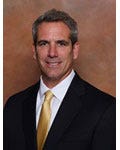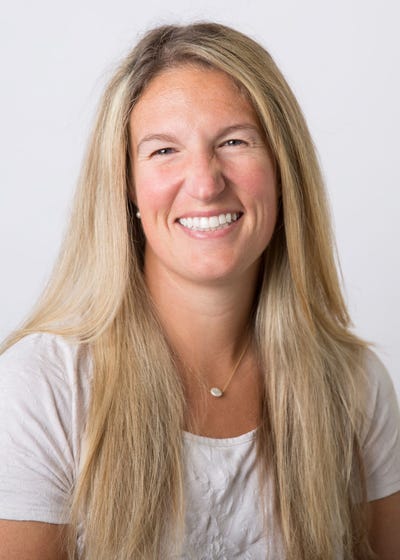Scott Anderson, CEO of Alliance Sales & Marketing, shares tips to help your natural product brand establish the right retail partnerships.

As a new brand, it may be tempting to accept every distribution and retail proposal. However, Scott Anderson, CEO of Alliance Sales & Marketing, says it’s OK to say no to offers. And, he suggests that every company should set goals and create a focused distribution strategy before accepting proposals. To help find the winning formula for natural product retail success, here are distribution and retail tips from Anderson’s NEXT Accelerator webinar, “Surefire ways to increase your retail distribution.”
The goal determines the path
Before contacting distributors to take a product to market, Anderson recommends companies first define “how big is big.” This means understanding how big the business will become and what will define success. Is the goal to get products to market? Is it helping people eat healthier? Is success providing for a family, or is it building a company and then selling it? Overall goals will help focus and guide distribution decisions, especially channel focus.
distribution decisions, especially channel focus.
For instance, if the overarching goal is to educate consumers when they buy a product, distribution might predominantly focus on natural channels. If, however, a company prioritizes profits, a focus on natural, supermarket and mass merchandiser retail channels may be necessary. Depending on company goals, a it doesn't make sense to take the first offer on the table if it doesn’t align with where the brand is going.
Use benchmarking to set distribution goals
Once goals have been identified, the first step in distribution planning should be to look at other comparable companies in the market. Retail data from companies such as IRI and SPINS can shed light on market size and can also help new companies understand what similar brands in the category are worth and where they’re finding retail success.
Anderson notes that companies armed with good market information are better able to set realistic goals. They're also able to determine their own market value and in which retail channels and regions they will find success.
The retail partnership matters
Once profitable regions and channels are identified, Anderson advises companies to build meaningful relationships with their retail partners. To do this, proximity and access is essential. The ability to do in-person product education sessions with retail staff as well as demos and check-ins to see how the product is doing are all important to success. Retail partners who allow access to personnel and sales data while embracing and spending time with brands are also crucial.
If oversight, cooperation and access to retailer data aren’t easy to come by, Anderson warns that it will be difficult to effectively promote and test products in the marketplace. Rather, it’s best to have a working relationship with retail partners who share critical information (like what is working well to promote the brand and increase sales).
About the Author(s)
You May Also Like




